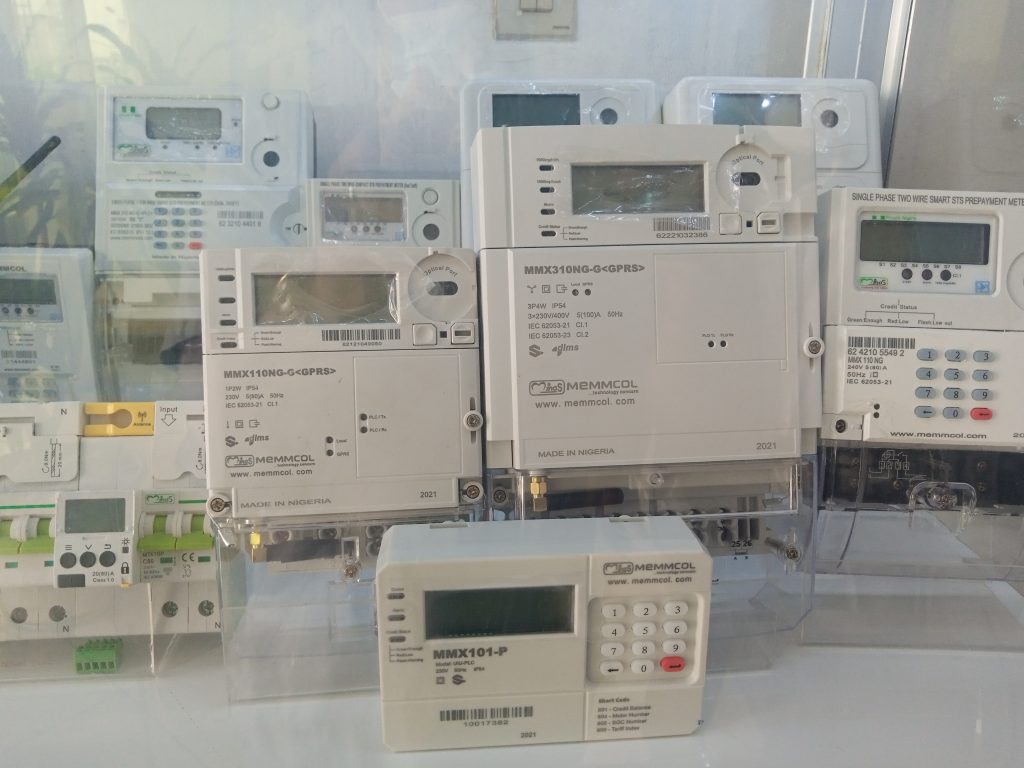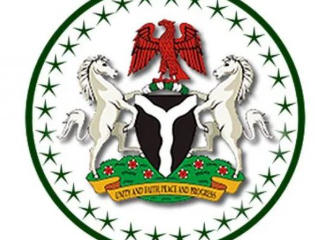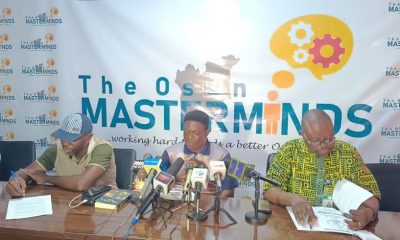A power expert, Mr Kola Balogun, says the Phase One of the National Mass Metering Programme (NMMP) can create 500,000 jobs for Nigerians.
Balogun, who is the Chairman, Momas Electricity Meter Manufacturing Company (MEMMCOL), made the assertion on Tuesday in an interview in Lagos.
The Federal Government launched the Phase Zero of the NMMP in respect of which the Central Bank of Nigeria (CBN), in October 2020, issued the Framework for Financing of National Mass Metering Programme.
He appealed to the CBN to create easier access to Forex by local meter manufacturers to source for raw materials ahead of the programme.
Balogun noted that the phase zero of the NMMP recorded the desired success of installing meters for about one million customers.
According to him, under the phase one, about four million prepaid meters were targeted for installation which has a huge potential for job creation.
”President Muhammadu Buhari’s administration must be commended for initiating the NMMP because there is an urgent need to bridge the metering gap in the power sector.
“I want to appreciate the government because the intervention that came to manufacturers under the phase one was a huge success.
“It gave manufacturers the opportunity to have a tested process in place to know their capabilities and capacities and what they can give to the market.
The volume given to us was tested against the equipment, manpower and why we need to upscale further.”
Balogun said there was possibility of local meter manufacturers increasing their employees and trainees in order to meet the volume required of them under the phase one of the programme.
“We need to employ more engineers on how to handle and service the machines, how to do coding and programming and also installers that will be going into the field.
“I am appealing to them that as the phase one is coming in that they should strengthen local manufacturers.
“There should be opportunity for more funding to upscale our production and train more hands to ensure its success.
“It is a better way for government to utilise its Forex by supporting local manufacturing instead of capital flight through importation of meters.”
Balogun said the CBN needs to have a comprehensive list of local meter manufacturers and give them the necessary Forex support so that the phase one commencement would not be delayed.
He said there was need to increase the local content compliance in meter manufacturing from 30 per cent to about 70 per cent to create more job opportunities for Nigerians.
The programme is aimed at meeting the target of closing the metering gap in the Nigerian Electricity Supply Industry by December 2021.
It would assist in reducing collection losses, while at the same time, increasing financial flows to achieve 100 per cent market remittance obligation of the DisCos.
Part of the objectives also include the elimination of arbitrary estimated billing, improving network monitoring capability and provision of data for market administration and investment decision-making.

 Health1 week ago
Health1 week ago
 Crime1 week ago
Crime1 week ago
 Latest1 week ago
Latest1 week ago
 Latest6 days ago
Latest6 days ago
 Health6 days ago
Health6 days ago
 Business1 week ago
Business1 week ago
 Football1 week ago
Football1 week ago
 Football1 week ago
Football1 week ago













